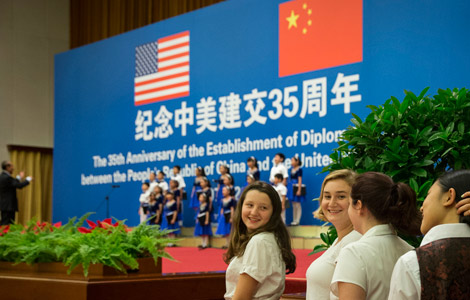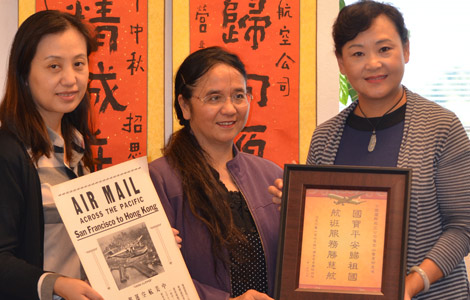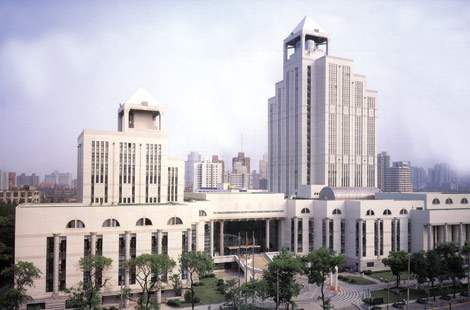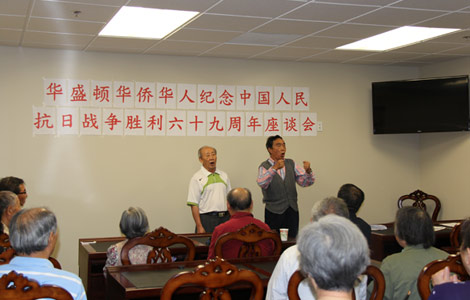Comfort and nostalgia on the shelves
Updated: 2014-09-05 12:40
By Li Na(China Daily USA)
|
||||||||
Immigrant owned
The owners of Foodymart and Sunny Foodmart came from Fujian, China. It is said that 90 percent of Chinese supermarkets in the greater Toronto area are owned by the Fujianese immigrants.
"We borrow money from relatives to start up the business; it's our tradition to help each other in Fujian community," said Chen.
In 2010, seven Fujianese-operated supermarkets formed a business alliance known as the Oriental Food Mart.
Yu Jianwei, commercial consul of the Chinese Consulate General in Toronto, noted that some of the Chinese supermarkets have expanded, operating chain stores in small and medium-sized cities and created job opportunities in local areas.
Many Chinese stores do not necessarily target only the Chinese community; they are trying to serve all communities. An example is Pacific Mall, an Asian shopping center in Markham where various types of people, not just ethnic Chinese, shop.
Some of the supermarkets have become anchor stores in mainstream shopping plazas, serving Chinese as well as non-Chinese consumers and taking market share from mainstream retailers.
In 2009, T & T Supermarket, Canada's largest Asian supermarket chain, which was established in Vancouver in 1993, merged with Loblaw Companies Ltd, the largest food retailer in Canada. T & T is set to continue to expand, bringing Asian products to even more Canadian mainstream families.
"Our mission is to bring fresh foods to Chinese-Canadian families and introduce the Asian foods and culture to mainstream Canadian families," said Paul Ho, T&T's marketing manager.
"This is an important step toward achieving economic integration," Lo said.
In recent decades, Toronto has developed a singular distinction: the city of diversity, according to research conducted by Martin Prosperity Institute.
From its summer festivals to its TV news teams to its municipal motto, "Diversity Our Strength," Toronto's identity is tightly intertwined with this perception of itself.
Skills to improve
"I am happy to see immigrants come here and run their various and diversified businesses successfully; the more, the better," said Michael Chan, minister of citizenship, immigration and international trade.
"I don't think that the rise of supermarkets owned by Chinese Canadians poses a challenge for integration. Ontario has created an environment to welcome all ethnic groups with open arms, where all can live together in harmony. If an individual wishes to be actively engaged with society, a supermarket won't be a problem," he said.
Chan noted that Ontario supports newcomer settlement programs across the province that have helped thousands of Chinese Canadians learn English or French, as well as skills to improve their economic integration.
Meanwhile, ethnic-owned and operated supermarkets are suggested to not only focus on the consumers within the ethnic group. A broader customer orientation can help to enhance the business success and social integration.
Chungsen Leung, MP and parliamentary secretary for multiculturalism, said, "We encourage ethnic businesses to participate fully in the society to build Canada."
While saying that Chinese immigrants have made tremendous contributions to the Canadian economy over the last 30 years, Leung said: "At the same time, they also need to integrate in the main society so they won't isolate themselves. We hope it will change with time, with the next generation growing up."
Contact the writer at renali@chinadailyusa.com
Most Viewed
Editor's Picks

|

|

|

|

|

|
Today's Top News
Boao Forum meets in US
Can Koreas unite? Experts differ
Canton Fair readies for 116th go
Wal-Mart to build community shopping center in China
US to pave way for Obama's visit
Wal-Mart seeks China growth
Firms fret over monopoly probes
Chinese TV dating comes to Houston
US Weekly

|

|















